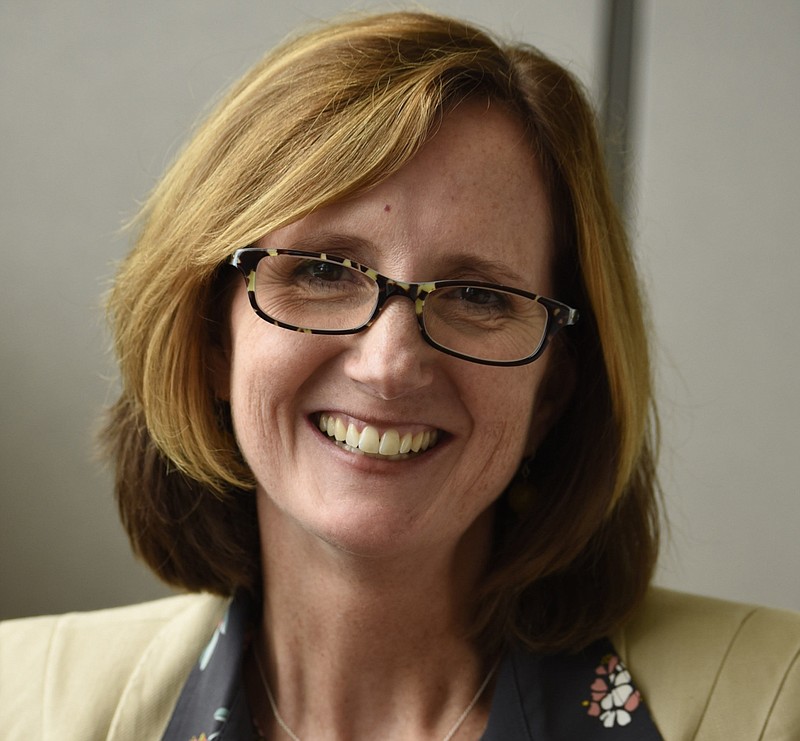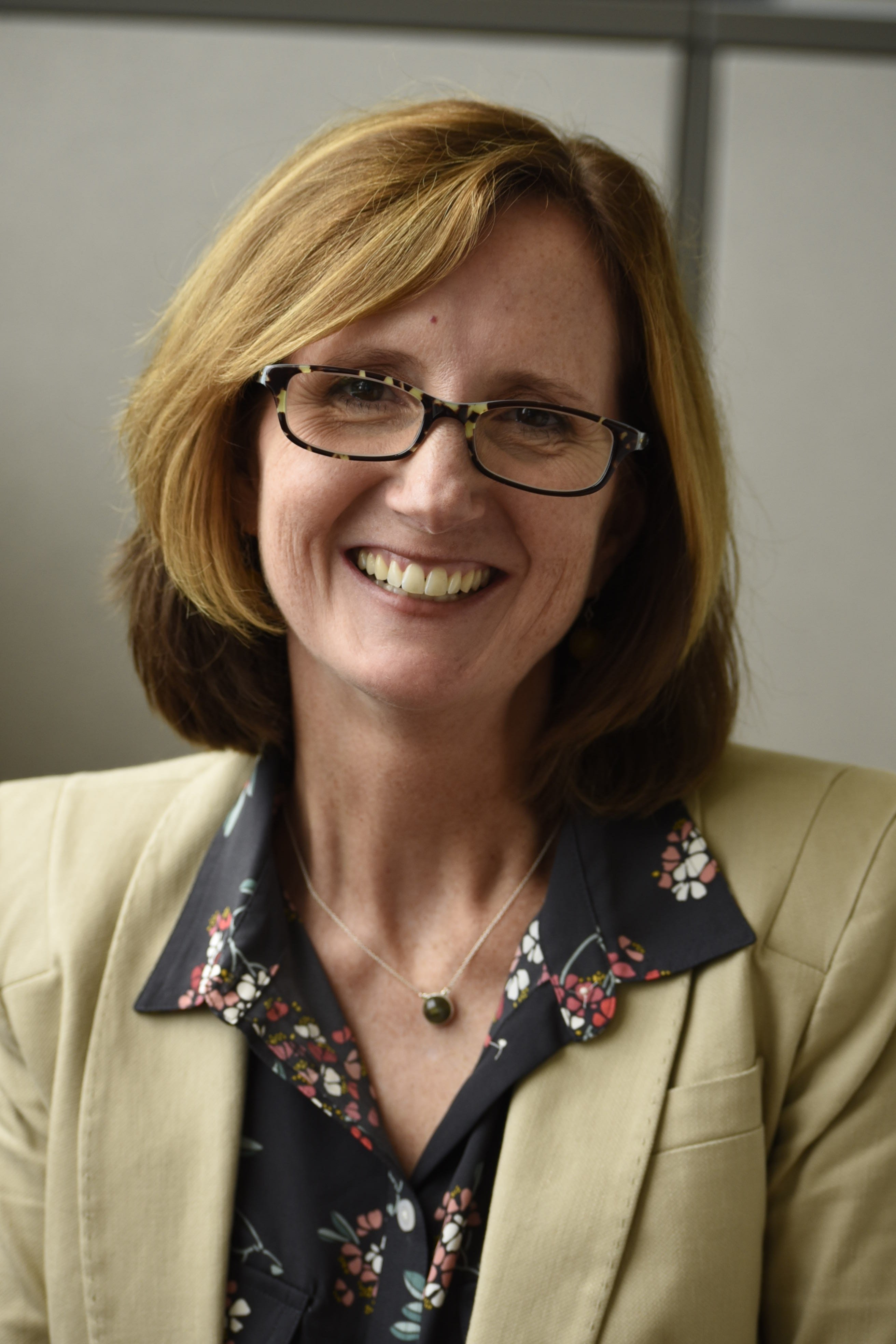Teaching at the forefront
Goad: Tennessee is providing clearer blueprint for teacher preparation
If you go
› What: Study Hall: a Conversation on Teacher Prep and Quality, an education forum open to the public.› Where: Chattanooga Times Free Press, 400 E. 11th St.› When: 6-8 p.m. Tuesday. Refreshments will be served at 6 p.m. Forum begins promptly at 6:30.› To register: Visit www.studyhallchatt.com.
It's easier than ever to get information.
We no longer have to go to the library to look something up. With just a few taps on the nearest device, we can find an answer.
But the answer may not be accurate - or even correct.
Technology allows us to communicate and exchange information at whiplash speeds. But too often, that information isn't credible. It might be biased or just plain wrong, but that's not always apparent.
When you cracked open that Encyclopedia Britannica at the library's reference desk, you didn't have reason to question the information it offered. But that may not be the case when you crack open a website looking for information on, say, climate change. The website might be unbiased or it might be created by a proponent or opponent on whether climate change is real. In that context, its information may be coming through a slanted prism.
In today's avalanche of blogs, tweets, Facebook and political-leaning news, the lines easily blur. It can be easy to think something is factual when, in fact, it's an assertion based on nothing more than someone's opinion rather than data or verifiable information, for instance, that Abraham Lincoln was president between 1861 and 1865.
Learning how to tell fact from fiction is critical. It's a skill known as "news literacy."
The American Society of News Editors' Youth Journalism Initiative describes it this way: "News literacy is the acquisition of 21st-century, critical-thinking skills for analyzing and judging the reliability of news and information, differentiating among facts, opinions and assertions in the media we consume, create and distribute."
Unfortunately, news literacy is a skill that's slipping in the United States.
Participants in some ASNE sessions on news literacy listed Facebook posts from friends as a legitimate method of getting news even though it might seem obvious that posting something to Facebook does not make it true. But social media is often where incorrect information starts.
Margaret Sullivan, the media columnist for The Washington Post, wrote recently about news literacy and cited an example of an untrue report about Megyn Kelly being fired from Fox News because she was a secret liberal. The story was one of Facebook's "trending topics" and widely shared before being disproved and removed from the trending list. "Once again proving the adage that 'a lie can travel halfway around the world before the truth puts on its shoes,'" Sullivan wrote.
As a newspaper, our goal is simple: We get information to people. In doing so, we try our best to make sure that the information is accurate, based on documents, data or the statements of people involved in a specific subject - although not everyone tells the truth, which is why we try to get multiple sources.
We have partnered with ASNE on a program designed to help people become savvy consumers of the news, to be able to critically assess the news in order to tell conjecture from fact (to help them, for example, suss out a rumor about Megyn Kelly even when it is presented as fact). The idea behind the ASNE program is that well-informed citizens are essential to a good and functioning government and community.
In that spirit, the Times Free Press will hold a forum Tuesday on how Hamilton County trains and retains quality teachers. ASNE has partnered with newspapers in Chattanooga, Nashville, Knoxville, Memphis and Jackson to hold sessions like this one. Called Tennessee Tough Issues Forums, the forums are designed to help communities use news literacy tools and technology to engage on education issues.
Here in Hamilton County, improving education has emerged as a top priority. Chattanooga 2.0, spearheaded by the Chattanooga Area Chamber of Commerce and the Benwood Foundation, has set a lofty goal of doubling the number of residents with a post-secondary education within the next decade.
In addition, the Hamilton County school system has new leadership and new plans. And we all know that a quality teacher is an integral part of a quality education.
The Times Free Press' goal is to engage our community and start conversations that explore solutions and make us better. In this case, we hope to use the tenets of news literacy - facts, not opinion - for a community discussion on how to ensure our students get the best teachers and how to keep those teachers here.
The forum, "Study Hall: a Conversation on Teacher Prep and Quality," will be held Tuesday evening and includes panelists who work every day on that issue: Sylvia Flowers with the Tennessee Department of Education; Edna Varner of Project Inspire; Brandon Hubbard-Heitz of the Howard School; and Zac Brown with the Hamilton County Department of Education.
The ability to consume the news and separate truth from opinion, to know what's true and what's false, to base our decisions on solid information, can only lead to a more informed public and a stronger society.
And that's a fact.
Alison Gerber is the editor of the Chattanooga Times Free Press. Reach her at agerber@timesfreepress.com, 423-757-6408 or @aligerb on Twitter.

